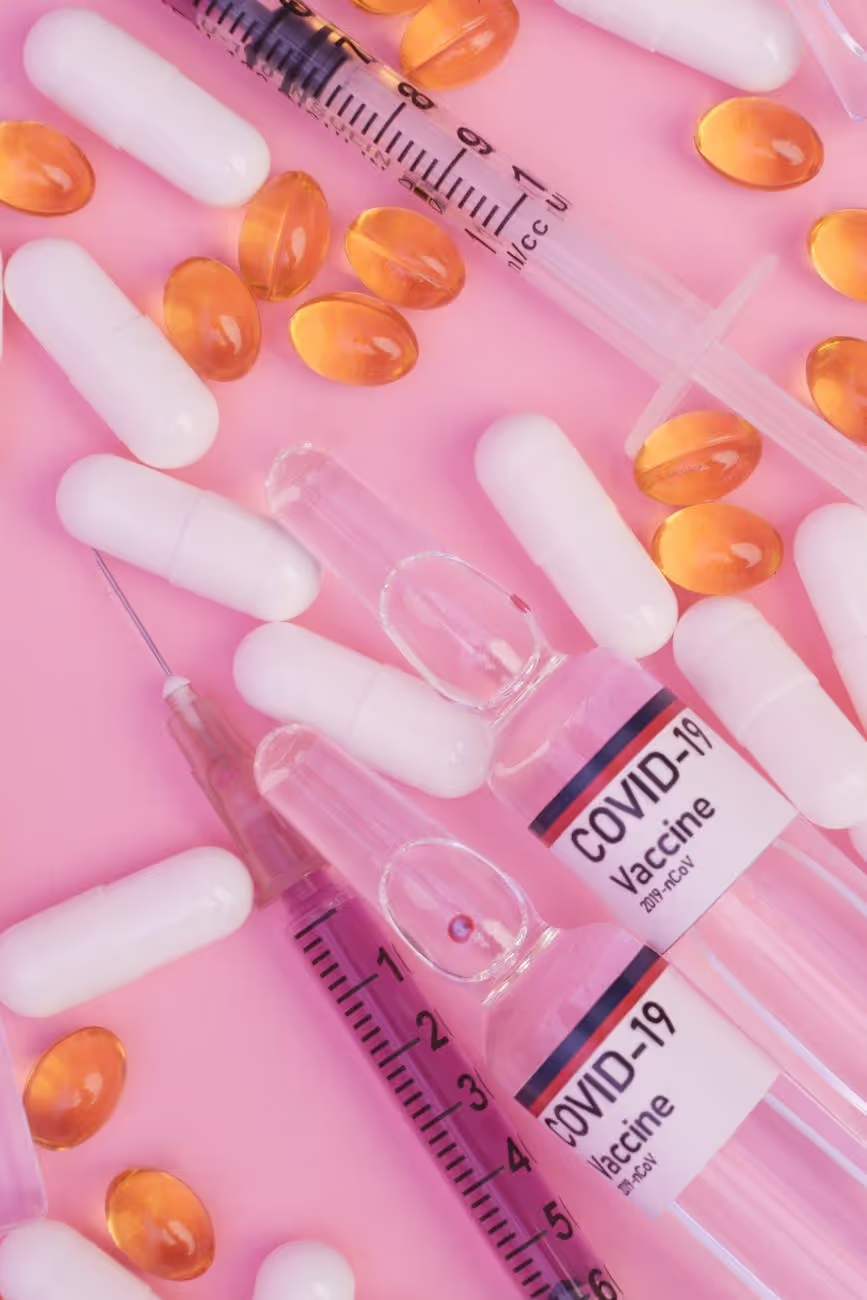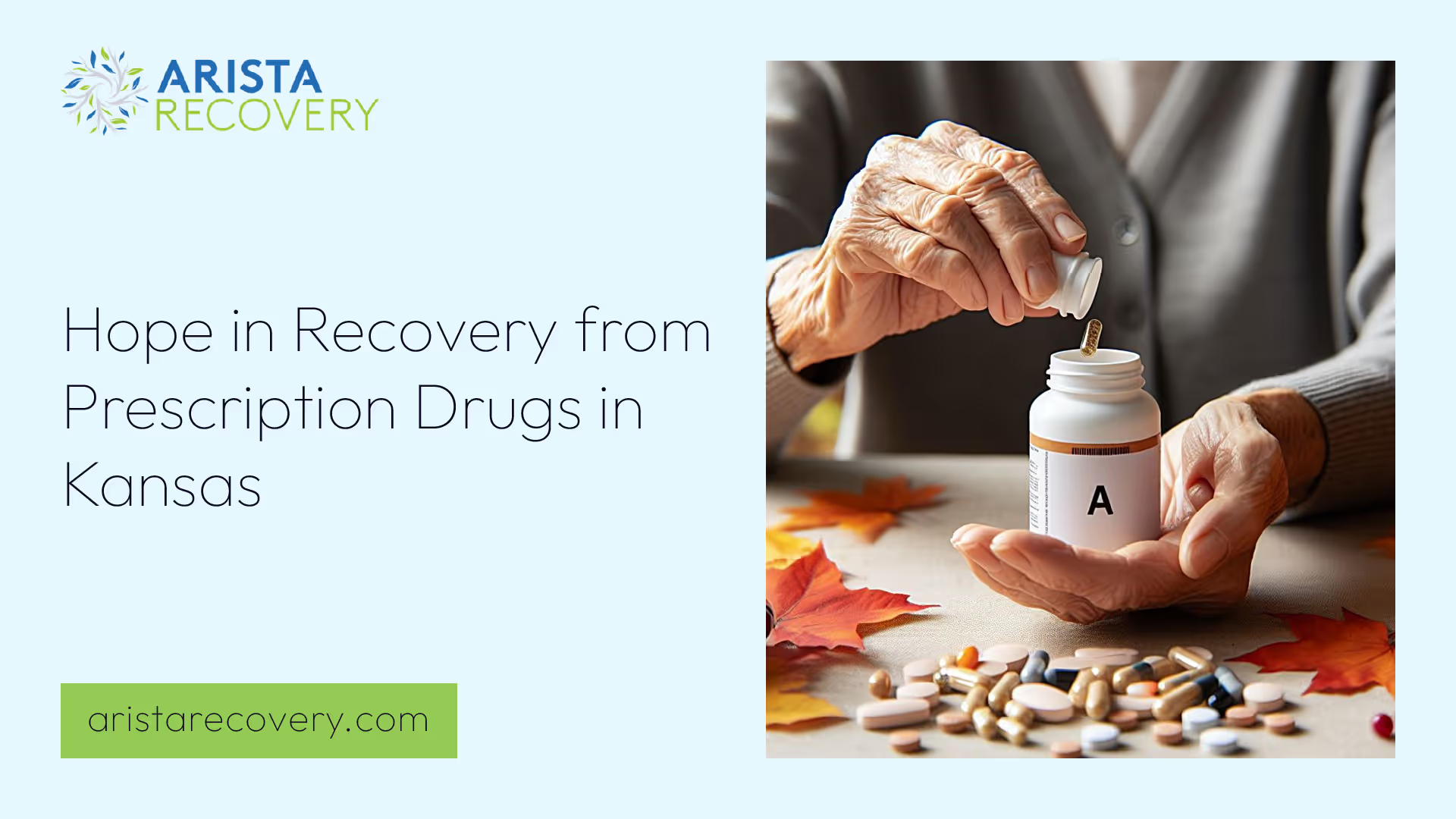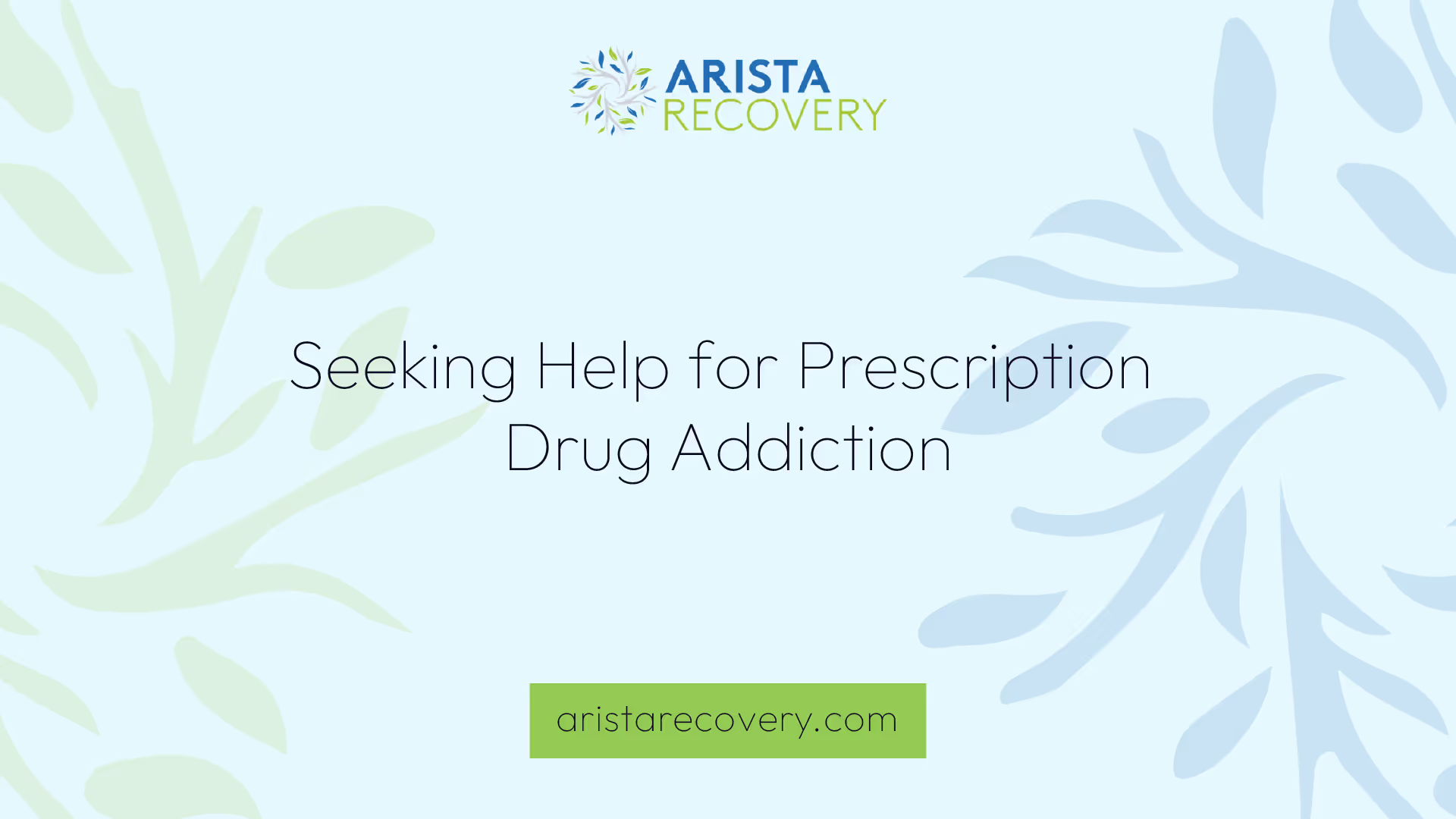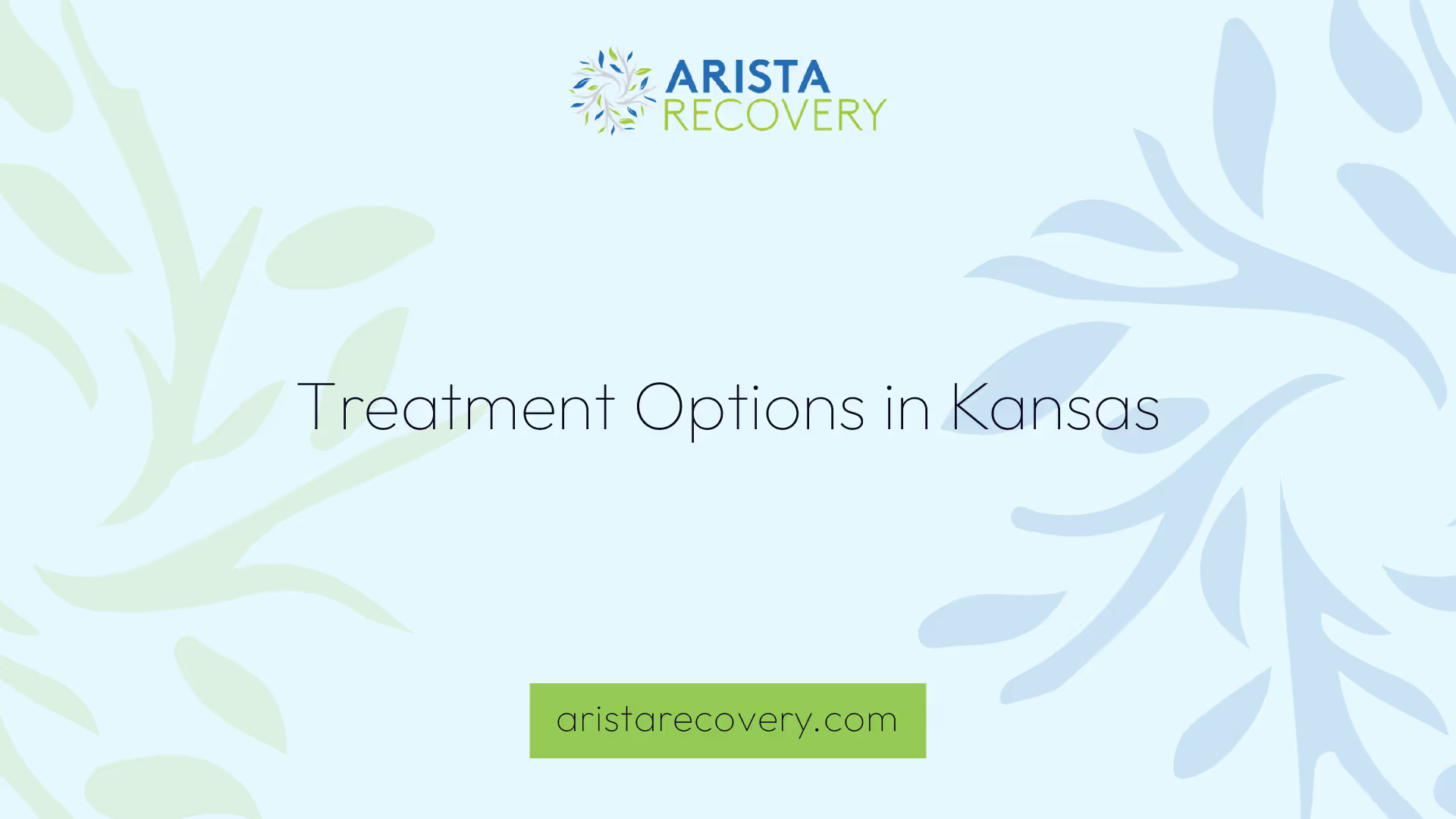Hope in Recovery from Prescription Drugs in Kansas

Prescription Drug Abuse in Kansas

Misconceptions About Prescription Drugs
Prescription drug abuse represents a significant public health issue in Kansas. There is a prevalent misconception that prescription medications are safer or less harmful than illegal drugs. However, when these medications are misused, they can lead to severe health risks and complications. Kansas Poison Center emphasizes that misuse can result in serious harm, just as illicit substances can.
Statistics on Prescription Drug Misuse in Kansas
Data indicates a concerning trend in prescription drug misuse among Kansas teens. According to the Kansas Communities That Care 2020 Student Survey, approximately 3.7% of Kansas teens reported misusing prescription drugs, such as opioids, stimulants, and benzodiazepines. Of these teens, 74% accessed the drugs from friends and family, either through sharing, buying, or stealing.
The following table highlights key statistics regarding prescription drug misuse and its impact in Kansas:
StatisticValuePercentage of teens misusing prescription drugs3.7%Percentage of teens obtaining drugs from friends/family74%Prescription opioid overdose deaths (ages 15-24, 2016-2019)20+Increase in non-fatal opioid overdoses (ages 11-24, 2016-2019)13%Individuals admitted to treatment for opiates (2009)835Individuals admitted to treatment for opiates (2008)579
From 2016 to 2019, Kansas recorded over 20 prescription opioid overdose deaths among individuals aged 15 to 24. Additionally, there was a notable 13% increase in non-fatal opioid overdoses reported in emergency rooms for those aged 11 to 24 during the same period, according to the Kansas Department of Health and Environment [1].
The rising trend of prescription drug misuse is further illustrated by treatment data, with 835 individuals admitted for opiate treatment in 2009, up from 579 in 2008. This reflects a growing epidemic of prescription drug abuse nationally. Additionally, over the last 14 years, Kansas has seen a steady decline in alcohol admissions, while mentions of cocaine, marijuana, and methamphetamine have increased significantly [2].

Seeking Help for Prescription Drug Addiction
Accessing help for prescription drug addiction is crucial for individuals seeking recovery in Kansas. Various resources are available to support those struggling with addiction.
Kansas Poison Center Assistance
The Kansas Poison Center plays a vital role in addressing prescription drug misuse. They offer a 24/7 Poison Help line for individuals who suspect medicine misuse, experience an overdose, or have questions related to prescription drug abuse. The assistance is free and confidential, making it an accessible resource for anyone in need. Individuals can reach out by calling 1-800-222-1222.
ServiceDetailsPhone Number1-800-222-1222Availability24/7CostFreeConfidentialityYes
Beacon Health Options Assessment Services
Beacon Health Options provides assessment and referral services for individuals in Kansas with current or past issues related to alcohol or drug use. The assessment process involves gathering detailed information about the individual's substance use behavior, medical history, and social situation to identify appropriate treatment options. This service is essential for connecting individuals with the right resources for their recovery [4].
ServiceDetailsTarget GroupIndividuals with substance use issuesAssessment FocusSubstance use behavior, medical, and social historyPurposeIdentify treatment needs and referrals
Carelon Behavioral Health Services
Carelon Behavioral Health of Kansas offers comprehensive support for individuals seeking treatment for substance use disorders. They assist with scheduling assessments and locating treatment providers in the area. Individuals can reach Carelon by calling 1-866-645-8216 and selecting option 2. This service is designed to help individuals navigate their recovery journey by connecting them with the necessary resources.
ServiceDetailsPhone Number1-866-645-8216 (Option 2)FocusScheduling assessments and finding treatment providersGoalFacilitate access to recovery resources
These resources provide essential support for individuals seeking recovery from prescription drugs in Kansas. Whether through immediate assistance from the Kansas Poison Center or comprehensive assessments from Beacon Health Options and Carelon Behavioral Health, help is available for those in need.

Treatment Options in Kansas
Kansas offers a variety of treatment options for individuals seeking recovery from prescription drugs. These services are essential for anyone struggling with addiction, providing multiple pathways to regain health and stability.
Kansas Department for Aging and Disability Services Programs
The Kansas Department for Aging and Disability Services (KDADS) plays a pivotal role in providing comprehensive treatment services for individuals battling substance use disorders. They offer a range of programs, including:
Treatment ProgramDescriptionInpatient TreatmentIntensive care in a controlled environment.Intensive Outpatient TreatmentStructured programs that do not require overnight stays.Opioid Maintenance Outpatient TreatmentOngoing therapy to manage opioid dependence.Outpatient TreatmentFlexible sessions while living at home.Peer MentoringSupport from individuals who have experienced recovery.Reintegration TreatmentAssistance in transitioning back into daily life.
These programs cater to various aspects of recovery, ensuring that individuals receive the support they need [4].
Inpatient Drug Rehab Centers in Kansas
Inpatient drug rehab centers are crucial for providing an immersive treatment experience. These centers offer 24/7 care, allowing individuals to focus entirely on their recovery without distractions. The number of drug and alcohol rehabs in Kansas has increased significantly, from 182 in 2002 to 236 in 2006, reflecting a growing recognition of the need for such services.
Addiction Treatment Services Offered
Kansas provides a wide array of addiction treatment services tailored to meet the needs of individuals. Some of the key services include:
Service TypeDescriptionSocial Detoxification TreatmentSafe withdrawal from substances under medical supervision.Therapeutic Community TreatmentLong-term residential treatment focusing on community living.Screening, Brief Intervention, and Referral for TreatmentEarly intervention strategies to identify substance use issues.Early InterventionPrograms aimed at preventing the escalation of substance use.Interim TreatmentTemporary services to bridge the gap between assessments and formal treatment.
These services are designed to address the complexities of addiction, offering different levels of care and support throughout the recovery process.
Individuals seeking recovery from prescription drugs in Kansas have access to a robust framework of support, ensuring that they can find the help they need.
National Survey on Drug Use and Health
The National Survey on Drug Use and Health (NSDUH) plays a significant role in understanding substance use patterns and trends across the United States, including recovery from prescription drugs in Kansas.
Purpose of NSDUH
The primary aim of the NSDUH is to provide nationally representative data on the use of tobacco, alcohol, and drugs, as well as substance use disorders and mental health issues. It also collects information on the receipt of substance use and mental health treatment among the civilian, noninstitutionalized population aged 12 or older [5]. This data is invaluable for researchers, clinicians, policymakers, and the public to better understand and enhance the nation’s behavioral health.
Data Collection Methods
The NSDUH employs a variety of data collection methods to ensure comprehensive and accurate results. In 2020, it began including web-based interviews in addition to traditional in-person household interviews, which expanded the methods of data collection and improved accuracy and representation [5].
YearData Collection Method1971In-person household interviews2020Web-based interviews added
Survey Coverage and Exclusions
The survey encompasses a wide array of populations, including residents of households, individuals in noninstitutional group quarters, and civilians living on military bases. However, certain groups are excluded from the survey. These exclusions include individuals experiencing homelessness who do not use shelters, active military personnel, and residents of institutional group quarters such as jails, nursing homes, mental institutions, and long-term care hospitals [5].
This comprehensive approach allows for a detailed understanding of drug use patterns and the effectiveness of treatment options available for individuals seeking recovery from addiction in Kansas and beyond.
Understanding Substance Use Disorders
Opioid Use Disorder
Opioid Use Disorder (OUD) is a treatable, chronic disease that can affect anyone, regardless of race, gender, income level, or social class. A diagnosis of OUD is based on specific criteria, which include unsuccessful efforts to cut down or control opioid use and use resulting in failure to fulfill obligations at work, school, or home.
The symptoms of OUD can vary but typically involve a strong desire to use opioids, difficulty controlling use, and continuing to use despite negative consequences. Recognizing these signs is essential for individuals seeking recovery from prescription drugs in Kansas.
Criteria for Opioid Use DisorderDescriptionUnsuccessful efforts to cut downRepeated attempts to reduce or control opioid use that have been unsuccessful.Social or interpersonal problemsContinued use despite ongoing social or interpersonal issues caused or worsened by opioids.Failure to fulfill obligationsUsing opioids to the extent that it interferes with responsibilities at work, school, or home.
Characteristics of Substance Use Disorder
Substance Use Disorder is a chronic brain disease characterized by periods of relapse and remission. It occurs when the recurrent use of alcohol or drugs leads to clinically significant impairment, including health problems, disability, and failure to meet major responsibilities at work, school, or home.
The characteristics of Substance Use Disorder include:
CharacteristicDescriptionChronic natureA long-lasting condition that can be managed but not cured.Relapse and remissionIndividuals may experience cycles of recovery and relapse.Impaired controlDifficulty in controlling the use of substances, often leading to compulsive behavior.Significant impairmentThe use of substances results in health issues and failure to meet obligations.
Understanding these characteristics can help individuals recognize the challenges they face and the importance of seeking appropriate treatment and support in their journey to recovery.
Cost and Services of Rehab in Kansas
Understanding the financial aspects of rehabilitation services is essential for individuals seeking recovery from prescription drugs in Kansas. This section covers insurance coverage for rehab, types of treatment programs available, and the importance of naloxone in overdose prevention.
Insurance Coverage for Rehab
The cost of rehabilitation in Kansas can vary significantly based on the type of treatment and insurance coverage. Insurance often covers between 50% to 100% of rehab costs, which greatly reduces out-of-pocket expenses.
Treatment TypeAverage Cost Without InsuranceAverage Cost With 80% Insurance CoverageResidential Facility (3.25 months)$17,894$3,579Outpatient (Intensive, 3 months)$7,746$1,549Outpatient (Non-Methadone, 4.5 months)$4,396$879Methadone Maintenance (2 years)$15,785$3,157
Data sourced from Start Your Recovery.
Types of Treatment Programs
Kansas offers various treatment programs to cater to different needs and preferences. Some common types include:
Each program has its own benefits and may be suitable for different stages of recovery.
Importance of Naloxone in Overdose Prevention
Naloxone is a critical medication that can reverse an opioid overdose, potentially saving lives. It is essential for individuals in recovery, their families, and friends to have access to naloxone in case of an emergency. The availability of naloxone can significantly reduce the risk of fatal overdoses, giving individuals a second chance at life and recovery.
References
[2]:
[3]:
[4]:
[5]:
[6]:
[7]:
You’re not alone in this.
When mental health challenges and addiction intersect, it can feel isolating. At Arista, we offer compassionate, evidence-based, and trauma-informed care to help you heal, grow, and move forward.
You’re not alone in this.
When mental health challenges and addiction intersect, it can feel isolating. At Arista, we offer compassionate, evidence-based, and trauma-informed care to help you heal, grow, and move forward.
Support that moves with you.
You’ve taken a brave first step. At Arista Recovery, we’re here to help you continue with best-in-class care designed for long-term healing and support.
.webp)






